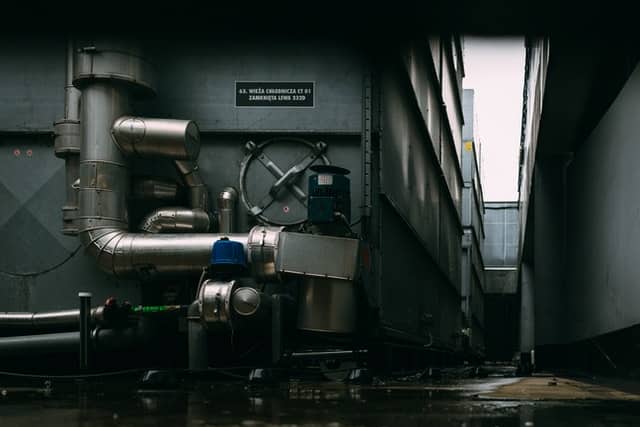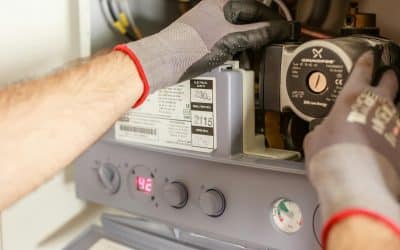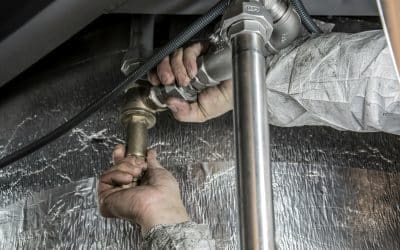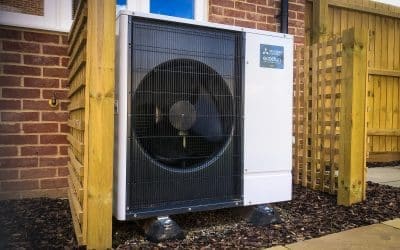When it comes to water and electricity, it can become one of the deadliest of the combinations out there especially if you are not careful enough.
This means, if you are facing leaky boiler problems at home, there are high chances the leaking water could come in contact with the electrical setup around it. If not attended properly, it will not only lead you to major losses but will also create risks that nobody wants.
Therefore, it is important to keep an eye out if there are leaks in your boiler.
Naturally, the leaks that have formed could sometimes be easy to repair but other times, you should consider hiring professional maintenance services for your safety.
At JL Phillips, we prioritise the maintenance of both your old and new installations. This is because we understand the need to lessen the burden that comes with it while ensuring quality assurance.
That said, if you’re having leaky boiler problems and aren’t sure how to go about it, you’ve come to the right place.
Here we’ve put together a small guide to help you fix this problem.
Biomass Boiler Leakage – What Are the Causes
When it comes to biomass boilers, there are different reasons for leakage. To determine this, all you have to do is the simple – locate the place of leakage.
In doing so, you will be able to get a better idea as to where repairing is needed. However, there are a few more generic possibilities that cause a leak based on its location.
Let’s look at them!
Corrosion in Your Boiler
Corrosion is nature’s way to tell you that your boiler needs repair.
This means, when your boiler gets old, it is natural for rust and other debris to build up within its connecting pipework. The rust then gets mixed with the water running through them and enters the boiler easily.
Naturally, the older the system gets, the more likely you are to face issues with corrosion. However, it is difficult to locate this problem as it can’t be seen; this is where you can consider handing this issue over to our experts because we are trained exactly for this kind of work.
Additionally, by ensuring timely maintenance of your biomass boiler, not only do you get rid of corrosion but you also put yourself in a better position to save on your gas bills!
High Boiler Pressure
Every boiler has a pressure gauge installed on the front of it for you to keep it in check; but how do you use it?
Well, it’s quite simple – according to the ideal and suggested amount of pressure required for the boiler to run properly, add or subtract water levels as and when required.
That said, if your boiler is leaking, do check the pressure gauge as that might show you that the pressure within the system is high. Moreover, it is because your boiler is trying to fix this issue, that it might discharge some of that extra water which causes leakage.
A simple solution here is to begin by observing the needles on the pressure gauges (this is what helps determine the pressure) and make it your responsibility to ensure that these needles don’t enter the red zone.
If that happens, you might need to bleed the radiators to release the extra water and you’ll be good to go!
Faulty Heat Exchanger
A heat exchanger is that part of your boiler which is responsible for heating the cold water. So naturally, it is a pretty important part of your biomass boiler.
Since this part of your boiler is so important, you should keep it up to date at all times. Unfortunately, a leak can be a sign that this part of the appliance is getting older.
Given that replacing a heat exchanger is an expensive process, first try to get it repaired and if it’s in a warranty period, you’re really lucky.
However, if it’s unfixable or you want to recognise the issue with it, you cannot do it on your own. This is because the fixing procedure begins only by taking off the cover of the boiler and looking inside.
This is where you can trust the experts at JL Phillips to solve your issue while you can sit back and relax!
To Sum Up…
It is a great initiative and a choice to install eco-friendly products like a biomass boiler, but with any initiative comes the responsibility to maintain it.
This means, while leaky boiler problems are quite common, what you need to do is to take action on it as soon as possible. You can do this by recognising where the water is coming from in the first place and then try to fix the issue if you can.
Contact JL Phillips for Biomass Boiler Maintenance
When it comes to boiler leaks, they are not always as easy to tackle, meaning you’ll have to get in touch with an experienced heating specialist to help you out.
We, at JL Phillips, have an expert team of professionals who are specially trained for days just like these!
Why not get a quick quote for expert biomass solutions today?





